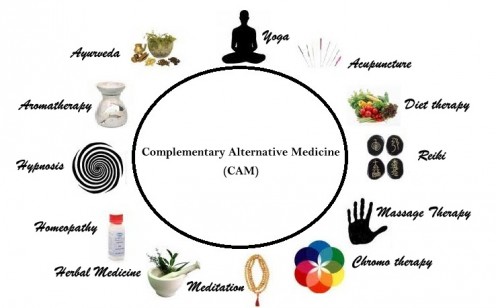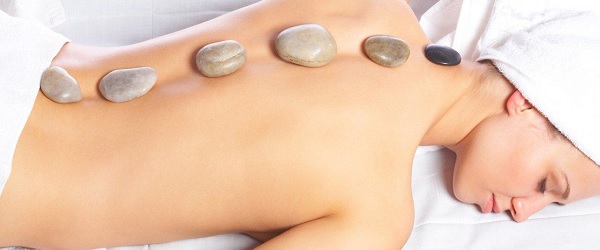What are alternative therapies? What are the types of these treatments? Do these work? Have you heard of other treatments that can complement medical therapy? People have been trying yoga, acupuncture, Reiki, and massage, among others, not knowing what they really are. What group do they belong to? Are these activities also considered treatments? Are they beneficial for our physical, mental, and emotional well-being? Continue reading to learn more about complementary or holistic therapy, where activities such as the things that we have already been doing are discussed so that we are enlightened about their benefits.

source: hubpages.com
When it comes to treating or curing pain, the first thing that comes to the minds of people is the use of conventional medicine. Several individuals believe that the best way to heal their illnesses or sicknesses is through the administration of medications. Nonetheless, there is another option that is available for those who want to deal with their pain. Any person can use different forms of complementary therapy, depending on the medical conditions and other circumstances present.
From the name itself, it implies that it is another option that can be used as a supplement or replacement for conventional or traditional medicine. It is also commonly called complementary medicine.
“Holistic or complementary medicine, also described as complementary medicine, may seem trendy or hip to many of us, but it is, in fact, rooted in ancient beliefs and healing practices,” as described by psychologist Beth Greenberg, MA
Types of Alternative Therapies
These are the types of therapies that may come in several forms or kinds, such as:
- Herbal remedies
- Massage
- Chiropractic treatment
- Acupuncture
- Guided imagery
- Biofeedback
- Aromatherapy
- Yoga
History
The concept of holistic medicine traces back to the early 1970s when a collection of diverse medical practices was promoted in Western countries. Many individuals in the past labeled complementary medicine as irregular practices. There were also many medical establishments that made an effort to discourage the members of the society to avail of conventional medicine.
However, the popularity of holistic therapy spread all over the world. A lot of people have given positive comments about its use or availability. Sherrie Mcgregor, Ph.D. cited that “Holistic treatments may be suggested by your family doctor or psychiatrist, or by a specialist in a particular type of treatment.” At this point, it is important to note that this kind of medicine offers healing effects. The only problem is that its theories are not proven through scientific methods.
Advantages of Complementary Medicine
These are some of the typical advantages of using complementary medicine:
- It Makes People Feel Better About Themselves.
How a person feels has a significant impact on how he would recover from an illness. This is the primary reason why it is essential for sick individuals to feel great all the time. Luckily, this is something that complementary therapy can offer to everyone. It is also known to help develop happier and more positive emotions for the patient involved. It is also known to help develop happier and more positive emotions for the patient involved.
- It Reduces Side Effects.
Some experts also claim that complementary medicine can reduce the presence of symptoms. A perfect example of this is acupuncture, wherein chemotherapy drugs can relieve illness. At the same time, said drugs could also be used to eliminate or reduce pain.
-
It Allows Patients To Be More In Control.
One of the most common complaints in conventional medicine is the fact that some doctors can be arrogant or controlling to their parents. Most medical practitioners decide on how a patient must be treated or cured. However, in holistic or complementary therapy, the person has many options to choose from.

While there may have been many studies claiming the efficiency and effectiveness of the use of alternative therapies, it is still better to get in touch with a professional doctor.
Jason Eric Schiffman, MD, MA, MBA, a psychiatrist at the UCLA Anxiety Disorders programs, quoted, “When someone gets better from anxiety through a practice such as yoga, meditation or through therapy, they get better because they’ve learned something rather than getting better because a pill has made a change or caused a change to their neurochemistry.”
Therapy Insight
If you are thinking of using it, the best thing to do is to only have it as a supplement to traditional medicine. Take note that you still need science to cure your sickness or medical problem. Before deciding to try complementary or holistic therapy, consult your primary physician, especially if you plan to stop medical treatment or discontinue taking your medications.